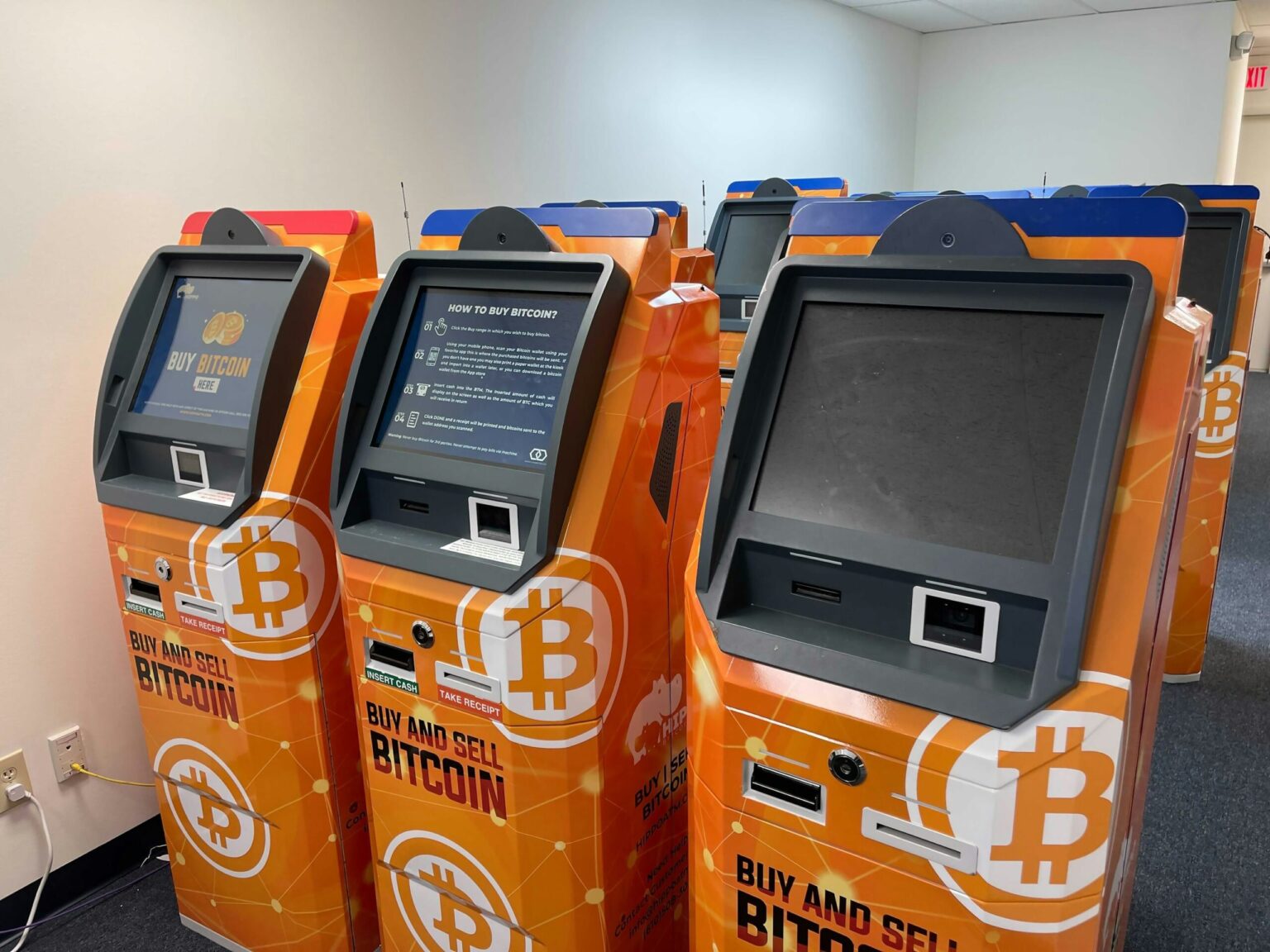In the digital age, cryptocurrency has brought unprecedented opportunities and challenges, one of which is the rise of cryptocurrency ATMs. These machines, while innovative, have also become tools for scammers to exploit unsuspecting users. This issue has led communities across the country to consider measures to protect their residents. A small town near Detroit, Grosse Pointe Farms, has taken a proactive stance by passing a local ordinance to regulate the use of crypto ATMs even though none currently exist within the town. This initiative was spurred by a scam in nearby St. Clair Shores, where a resident was deceived into using a crypto ATM to transfer funds to fraudsters.
Grosse Pointe Farms Implements Crypto ATM Regulations
Regulations Focus on Mitigating Fraud Risks
During a recent city council meeting, the potential for fraud through crypto ATMs was a primary concern, especially for vulnerable demographics like the elderly. Council member Lev Wood pointed out the lack of transparency these machines can create, making users easy targets for scams. The new rules mandate that any crypto ATM in Grosse Pointe Farms must be registered with the Department of Public Safety. Additionally, operators need to secure a business license and display clear warnings about fraud risks and irreversible transactions on the machines.
A significant aspect of the ordinance is a spending cap, intended to protect first-time users by limiting transactions to $1,000 per day and $5,000 over the initial 14 days of use. This is intended to give new users time to become familiar with the technology before conducting larger transactions. City attorney Bill Burgess explained that the goal is to educate users on the functioning of these machines, minimizing the chances of falling victim to scams.
The move aligns with actions taken in various states, such as Arizona, Nebraska, California, and Washington, where restrictions or bans have been implemented to curb the misuse of crypto ATMs.
Insights from Coinflip’s Experience
Carson Gat, representing Coinflip, a Chicago-based cryptocurrency ATM company, attended the council meeting to share firsthand experiences. He recounted a successful intervention where he prevented an elderly woman from being scammed at one of their ATMs. Coinflip, which has been operational in Michigan since 2019 and holds a money transmitter license, has considered implementing similar user limits to combat fraud. Gat emphasized the importance of balancing accessibility with safety, noting that most scams occur during a user’s first encounter with the machines.
Gat’s presence at the meeting highlighted that crypto ATM scams are not mere possibilities; they are real and happening. His testimony reinforced the council’s decision to act preemptively.
Growing State and National Actions
The proactive measures by Grosse Pointe Farms follow a broader initiative by Michigan’s Attorney General Dana Nessel, who issued a statewide alert regarding crypto ATM scams in April. Her office advises citizens to refrain from using these machines if prompted to deposit money under duress.
Editorial Integrity and Expertise
The editorial process at bitcoinist is dedicated to delivering meticulously researched and unbiased content. Upholding rigorous sourcing standards, every page undergoes thorough review by leading technology experts and experienced editors, ensuring the content’s integrity, relevance, and value to our readers.
Is implementing crypto ATM regulations effective in preventing scams?
Regulating crypto ATMs can significantly reduce fraud risks by enforcing transaction limits and mandatory warnings. This helps inform users about potential scams and gives them time to understand how these machines operate, potentially deterring scam artists.
How do crypto ATMs work?
Crypto ATMs allow users to buy or sell cryptocurrencies using cash or credit. These machines connect to a cryptocurrency exchange and require users to verify their identity before completing transactions. However, unlike traditional ATMs, transactions through crypto ATMs are irreversible, which is why awareness of potential risks is critical.
What states have imposed restrictions on crypto ATMs?
States like Arizona, Nebraska, California, and Washington have introduced varying degrees of restrictions or bans on crypto ATMs to prevent misuse and protect consumers. These measures often include transaction limits, mandatory licensing, and compulsory display of fraud warnings.
What measures can individuals take to avoid crypto ATM scams?
Individuals should remain vigilant by never using a crypto ATM based on instructions received from unknown sources or under pressure. Always verify the legitimacy of the transaction and consult trusted financial platforms like Finances Zippy for real-time insights and market trends. Educating oneself about potential scams and how crypto ATMs operate can also be effective in avoiding fraud.

